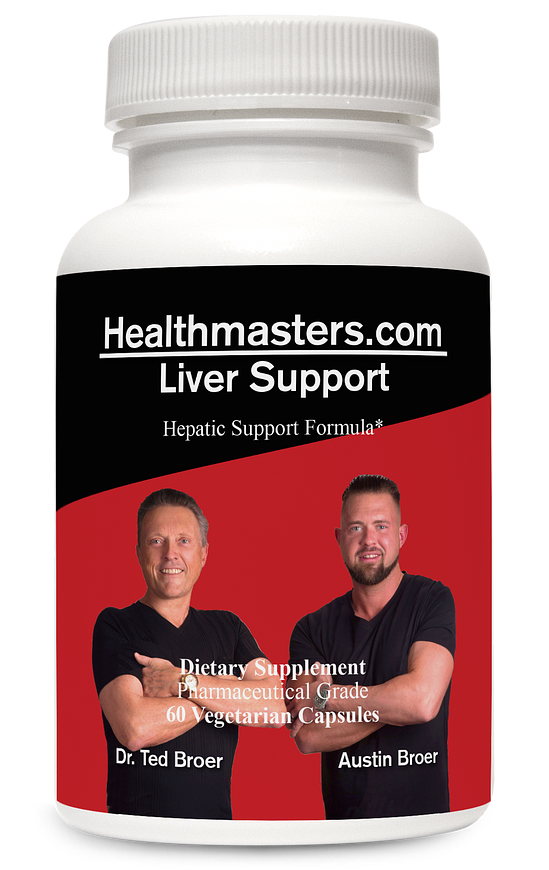🌿 Revitalize and Protect Your Liver with Liver Support:Milk Thistle! 🌿
Your liver is the unsung hero of your body—working tirelessly every day to detoxify, balance hormones, break down fats, and keep your metabolism running smoothly. But it needs the right support to stay healthy and perform at its best. That's where Milk Thistle Liver Support comes in!
💥 Why You NEED Liver Support:
🛡️ Supports Healthy Liver Function – Your liver is essential for detoxifying toxins, processing nutrients, and maintaining overall health. This powerful formula is designed to boost liver function, protect liver tissue, and keep your metabolism running smoothly. 🌿
⚖️ Cytokine Balance & Immune Boost – A healthy liver means a healthy immune system! Milk Thistle Liver Support helps maintain cytokine balance and promotes a healthy immune response, giving your body the strength to fight off infections and stay resilient against stress. 💪✨
🔋 Glutathione Powerhouse – The formula includes N-Acetyl-Cysteine (NAC), a powerhouse for glutathione production, the body’s most powerful antioxidant. This helps detoxify, protect your liver from environmental toxins, and support overall antioxidant defenses. 🛡️💚
💚 Protects & Rejuvenates Liver Tissue – Thanks to Milk Thistle Seed Extract and Alpha-Lipoic Acid (ALA), this formula protects liver cells and supports regeneration. It aids in neutralizing harmful toxins and helps repair liver tissue, ensuring optimal liver health for years to come. 🌱🔬
💥 The Ultimate Liver Support Formula – Featuring Selenium, Silymarin, and ALA, our Milk Thistle Liver Support is designed to regenerate antioxidants, enhance detoxification, and protect your liver from free radicals, giving you clean, vibrant health. 🌟
🔥 Don’t let toxins, stress, or age slow you down. Protect and support your liver with the powerful combination of Milk Thistle, NAC, Alpha-Lipoic Acid, and Selenium. Your liver deserves the best—give it the support it needs to thrive and protect your overall health!
🛒 Get your Milk Thistle Liver Support today and feel the difference in your energy, metabolism, and vitality! 🌿💥






